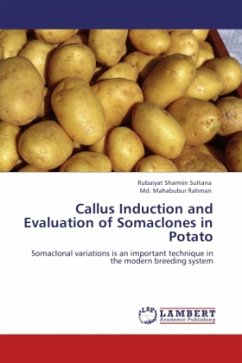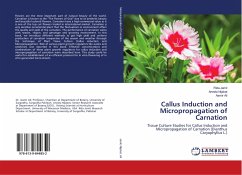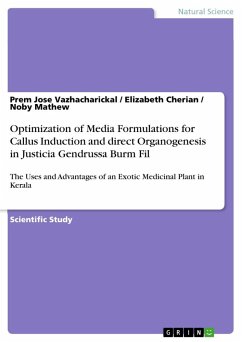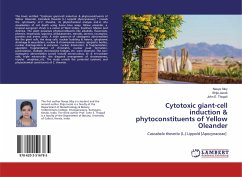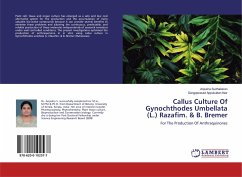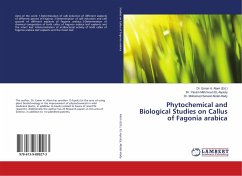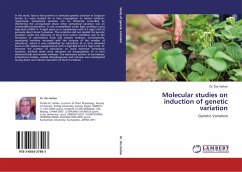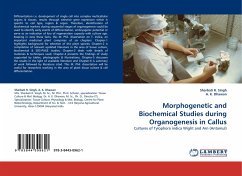The technology of plant tissue culture is recognized worldwide as a creative, promising and feasible option for propagation and genetic manipulation of plant, particularly those with special demands. The most popular application of tissue culture method is in the genetic transformation system. As a tool of genetic engineering of plant, plant regeneration using tissue culture system is taken a crucial part. Another important use of tissue culture system is propagation of plant, which is an alternative method to vegetative plant multiplication. While using conventional propagation methods, one cutting produces one plant. In sexual propagation, one seed produces one plant. In contrast, one explant (a piece of stem, leaf, bud, root, anther, etc.) can produce an infinity number of plants using tissue culture system within a relatively short period. Somaclonal variation can occur when plant regeneration and multiplication involves tissue culture, particularly when there is a callus phase. Today, somaclonal variation tends to be viewed as a source of undesirable variants that need to be screened out of breeding programmes that involve plant regeneration.
Bitte wählen Sie Ihr Anliegen aus.
Rechnungen
Retourenschein anfordern
Bestellstatus
Storno

